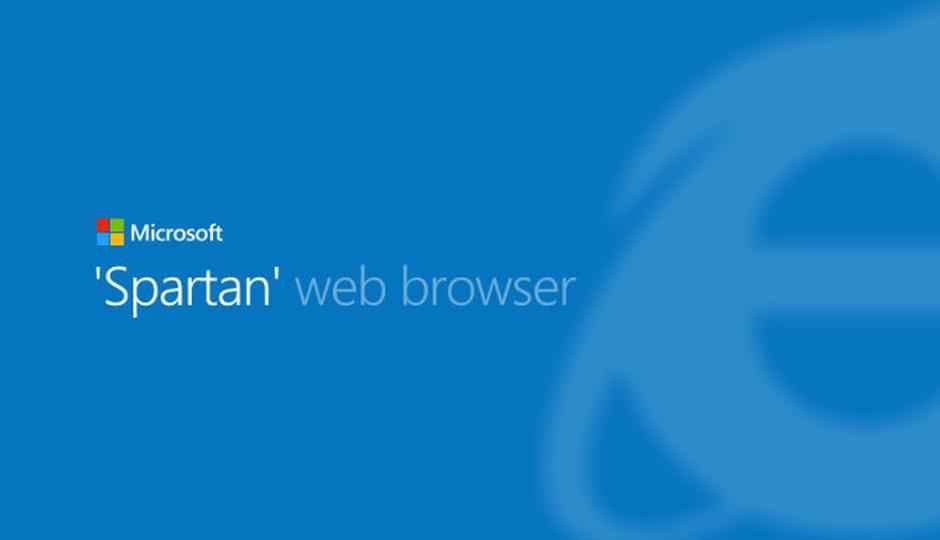
Microsoft has announced that its Internet Explorer web browsers and Spartan will no longer have the 'Do Not Track' setting enabled by default.
The company states in a blog post that the decision was taken to comply with the latest industry standard, which says that a 'tracking preference expression is only transmitted when it reflects a deliberate choice by the user'. Microsoft argues that turning off Do Not Track in its browsers by default might even be good for consumers. The software giant explains:
"Put simply, we are updating our approach to DNT to eliminate any misunderstanding about whether our chosen implementation will comply with the W3C standard. Without this change, websites that receive a DNT signal from the new browsers could argue that it doesn’t reflect the users’ preference, and therefore, choose not to honor it".
Microsoft was the first company to enable Do Not Track (DNT) feature by default in its web browser in 2012. The change in its privacy policies will affect its users. However, the company clarifies in a blog post that it will provide users with clear information on how to turn the DNT feature on in the browser settings. Read: Microsoft launches Project Spartan for Windows 10 Technical Preview
Other major internet giants like Yahoo and Google don't follow 'Do not Track' feature as they claim that users are not aware about the feature. DNT feature is just a request indicating that you don’t want to be tracked, however it depends upon the website you are viewing to honour it or not.

No comments:
Post a Comment